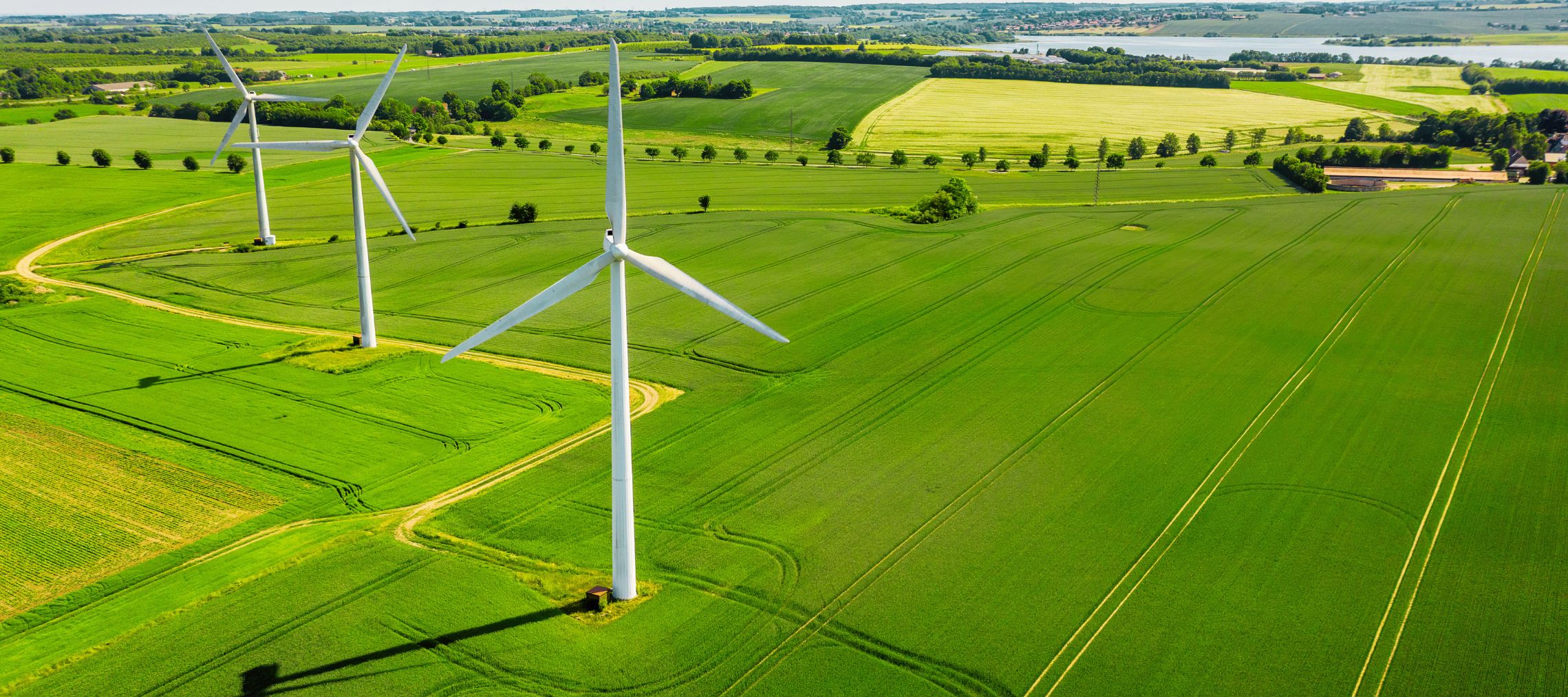The narrative on agrivoltaics (agriPV) primarily revolves around farmers, recognising their central role in integrating solar energy with agriculture. Increasing farmer incomes and other co-benefits is a critical component in any government plan for agriPV across the globe. However, in a country as diverse as India, it is crucial to explore innovative strategies for agriPV that go beyond the farmer-centric business model. In this context, engaging companies working in the agricultural space can be instrumental for the advancement of agriPV. India has some large corporations that manufacture solar-PV panels and have integrated supply chains. These integrated value chain enterprises either own farmlands or have direct partnerships with farmers. They work hand in hand with farmers to ensure the cultivation of specific crops, make niche value-added products, and sell them at a higher profit margin. By leveraging the expertise and resources of these organisations, a broader implementation of agriPV can be achieved across various topographies.
In our earlier policy brief “Exploring Business Models for Agrivoltaics in India”, which assessed four business models, the income generated from selling crops was not considered. This policy brief examines the economic feasibility of the integrated value chain approach for agriPV systems, taking into account the income from selling crops and value-added products.
